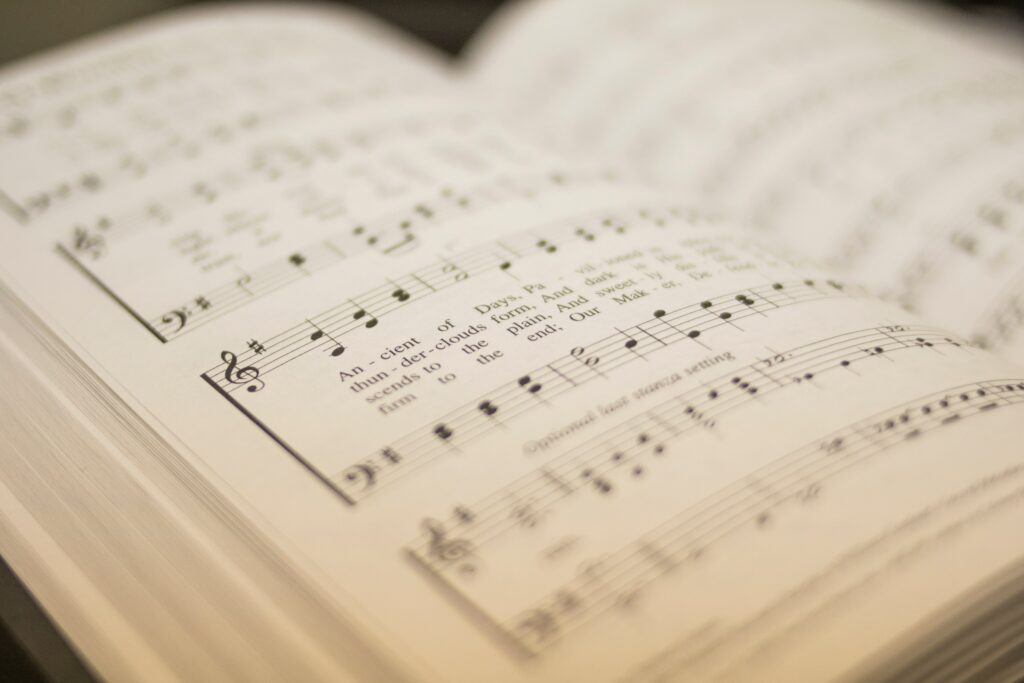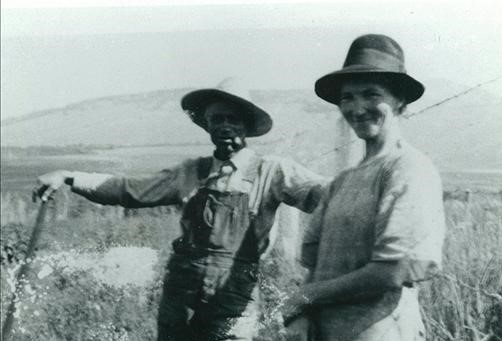
Part 1: Introduction | Part 2: Christ As Firstborn | Part 3: Every Knee Will Bow
Our first two New Testament hymns were from Colossians and Philippians respectively, and they meditate on the person and work of Christ—the first on his exalted status as the perfect revelation of the glorious Father, and the second on his humility in becoming a servant, humility that results in the Father’s extravagant exaltation of him.
There’s another NT letter written about the same time as these two—perhaps even on the same day as Colossians—where a third hymn appears. It’s much briefer than the first two, and it can serve well as a simple response to them—an application of their teaching, if you will.
If Paul focuses in Colossians on Christ’s role as head of the church, in Ephesians he focuses on the church’s role as the body of Christ. In its first half he lays down the doctrine that Christ’s work has brought together disparate peoples into a unified body, something that only God could do (Ep 3.10). At the letter’s midpoint (Ep 4.1) he pivots to application—how should members of such a body behave in the world? Well, they ought to live differently in specific, practical ways (Ep 4.17-32). And these differences spring from the fact that whereas we used to walk in darkness, we now live in the light of Christ (Ep 5.7-13).
At this point Paul draws on what is apparently another hymn of that day:
Awake, sleeper,
And arise from the dead,
And Christ will shine on you! (Ep 5.14).
Why do we usually end our church services with a song?
There are several reasons:
- Singing focuses our thoughts on the song’s message, encouraging us to meditate on it—and, if the song has been deftly chosen, on the key thought of the service.
- A thought sung typically stays with us longer than one spoken—that’s why you can remember childhood songs decades later—and so will bring the key thought to us long after we’re “home from church” (now there’s an unbiblical expression!) and in need of applying it.
- Music moves our emotions as well as our intellect, serving to motivate us to put into action what we have been convinced of as true. This is persuasion at its best and most legitimate.
Now that Paul has laid the intellectual foundation for our changed behavior, and has given us the imperative to live in a new way, he moves us to action with a simple statement in hymnic form, one that is dense with theological implication:
- We have been sleeping. Worse than that, we have been “dead in trespasses and sins” (Ep 2.1), by nature destined for God’s wrathful judgment (Ep 2.3).
- But Christ has awakened us. We have risen with him (Ep 2.6) and are now alive (Ep 2.5) to the same degree to which we were previously dead. We can see, and hear, and smell, and taste, and touch. A world that was previously dark is now bright and colorful and filled with potential.
- Christ is the light. Christ, the Bible tells us (Jn 1.3; Co 1.16; He 1.2), is the Elohim of Genesis 1, the one who on the first day cried out, “Let there be light!” (Ge 1.3). He is the one who revealed himself briefly to three of his disciples as shining with the radiance of God’s glory (Mt 17.2). He is the one who will be the light of the heavenly city, which will have no more need for the sun itself (Re 21.23). And, to Paul’s point here in Ephesians, he is the one who lights our path through a dark world, enabling us as we walk to be lights to those around us (Mt 5.14).
Darkened soul, behold his glory!
Blinded eyes, receive your sight!
Sinner, leave your seat of darkness!
Rise, and come to the light!
(Eileen Berry)
Sing of him. Sing of his marvelous works.
Sing it in private and in public. Sing it to those you love, and to those you don’t. Make it what everyone who knows you thinks of when they think of you.
Sing.
Part 5: Manifested, Vindicated | Part 6: Eternal Glory | Part 7: If and Then | Part 8: God and Us
Photo by Michael Maasen on Unsplash





